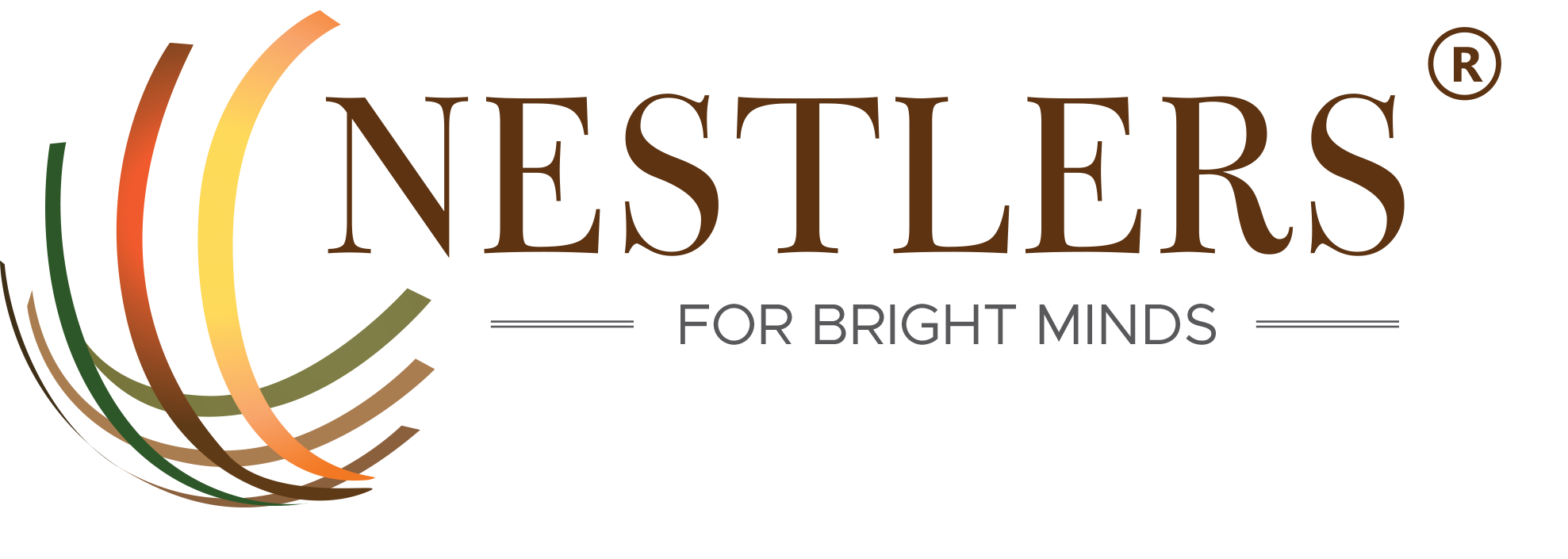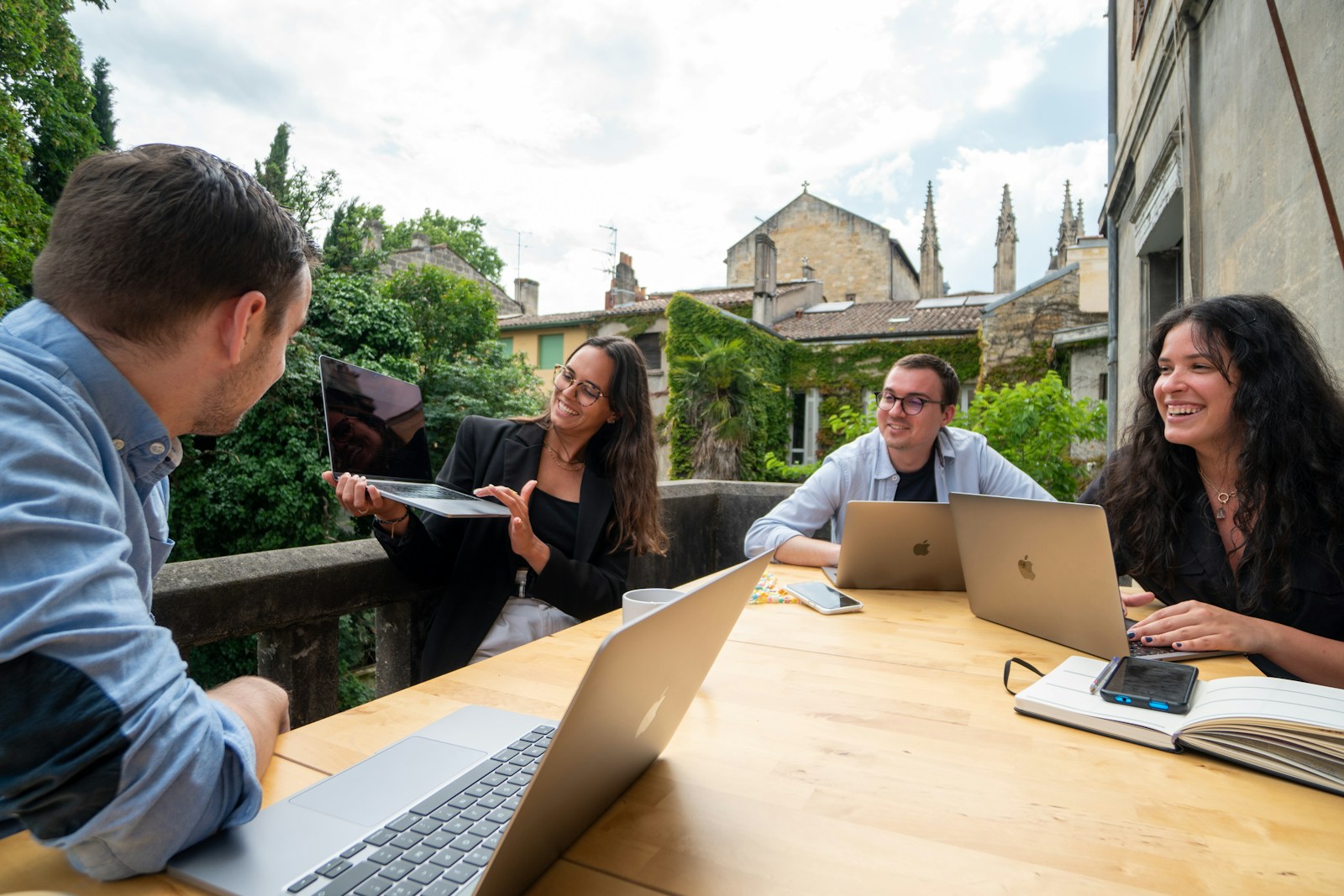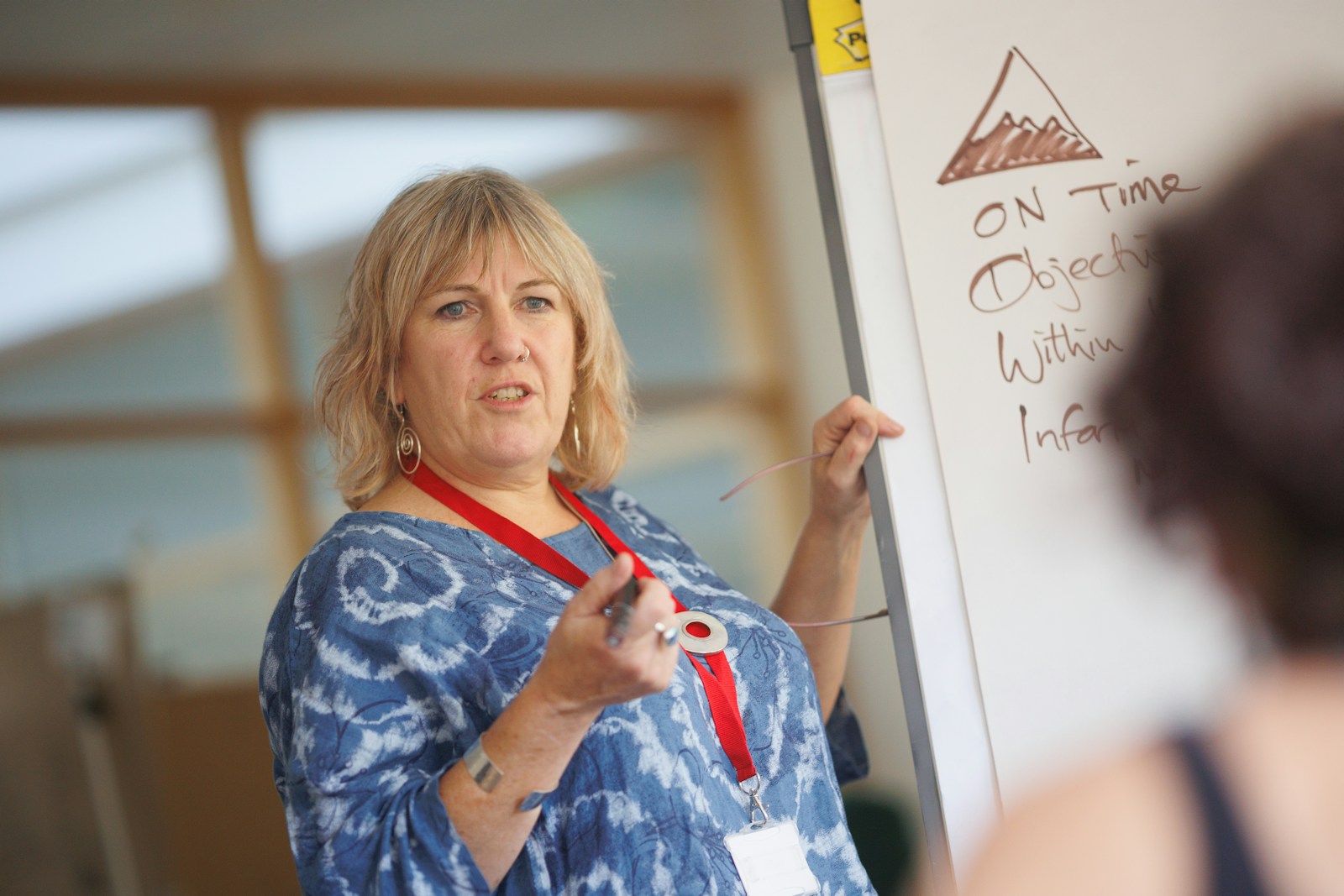Do you have an employee who wants to migrate to Romania? We’re here to help you make relocating to Romania smoother.
This is the second part of our series on transnational secondment to Romania from a non-EU country. Check out the first article of this series. Today, we’ll be discussing the practical aspects of relocating to Romania for your secondment. We’ll provide you with essential information and insights that will ensure a smooth transition.
As you embark on your transnational secondment, the process of relocating to a new country can be both exciting and challenging. When it comes to relocating, understanding important considerations like housing, cost of living, language, healthcare, cultural integration, and networking is crucial for a successful and satisfying experience. These practical aspects can make a big difference in your move, allowing you to settle in comfortably and thrive in your new environment. By taking the time to research and prepare properly, you’ll be well-equipped for the challenges and opportunities of relocation.
So, let’s explore the essential aspects of relocating to Romania for the secondment process!
1. Housing
When relocating to Romania, finding appropriate accommodation for the duration of the transnational secondment should be a priority. It is essential to consider your employee’s preferences, but also your company’s budget while searching for a place to live. You can choose to rent an apartment, house, or serviced apartment depending on your needs and budget. Popular cities like Bucharest, Cluj-Napoca, and Timisoara offer a wide range of housing choices. Local real estate agents can help simplify the process and guide you in finding a suitable home.
2. Healthcare
When relocating to a new country such as Romania, it is important to prioritize healthcare. As a seconded employee, it is advisable to have comprehensive health insurance coverage that caters to medical expenses and emergency situations. It is also vital to familiarize oneself with the country’s healthcare system, both public and private, to ensure access to medical facilities nearby. Registering with a local general practitioner and obtaining an EHIC or private insurance will go a long way in ensuring peace of mind during your stay. This will enable you to focus on your work without worrying about healthcare needs.
3. Education
When relocating with your family to Romania, it is important to prioritize the education of your children. Romania boasts a diverse range of educational institutions, including international schools, bilingual schools, and public and private schools. To select the right educational facility for your children, it is recommended that you conduct thorough research and identify schools that cater to your children’s needs and preferences, taking into account the curriculum, language of instruction, extracurricular activities, and proximity to your residence. By keeping these factors in mind, you can make an informed decision that ensures your children receive a quality education in Romania.
4. Cultural Integration
To fully enjoy your time in Romania, it is recommended to embrace the local culture and customs. You can do this by taking an interest in Romanian traditions, cuisine, and language. By engaging with locals, joining community events, and exploring cultural hotspots in your city, you can gain a greater understanding and appreciation for Romanian culture. Romania boasts a rich history, stunning landscapes, and friendly and welcoming people. Get involved as much as you can, and you may even make lasting connections with locals or fellow expats. Embrace the local culture, and you’ll enjoy a truly unique experience in Romania.
5. Practical Considerations
When relocating to Romania, there are practical aspects that need to be taken into consideration. This includes setting up utilities such as electricity, water, and internet services, as well as obtaining a local mobile phone number. Familiarizing yourself with local transportation options is also important. Understanding local regulations, such as residency registration and tax obligations, is crucial to avoid any legal issues. Seeking guidance from your employer or a relocation specialist can help ensure compliance with all legal requirements. It is recommended to be prepared and plan ahead to make the transition as smooth as possible.
6. Language Learning
Although many Romanians speak English, knowing a few basic Romanian phrases can greatly improve your day-to-day interactions. Enrolling in language classes or using language learning apps to become familiar with the local language can be helpful when you choose to migrate to Romania. It not only facilitates communication but also demonstrates your commitment to integrating into Romanian culture. Having some knowledge of the language can also open doors to experiencing the country’s rich cultural offerings and making deeper connections with locals.
In conclusion, relocating to Romania for a transnational secondment is an opportunity for personal and professional advancement, providing new experiences and challenges. By taking into account the crucial aspects of relocation discussed, such as planning ahead and seeking assistance, a smooth transition can be ensured, leading to a rewarding experience in the host country. Embracing the adventure that the choice to migrate to Romania has to offer is paramount, and with the right mindset, a successful and fulfilling secondment awaits. We hope that this article has been helpful and wish you the best of luck in your upcoming journey.
Connect with Nestlers consultants
Do you need immigration and relocation services or consultancy?
It’s easy! Use the below contact form and one of our experts will provide you an answer as soon as possible.
Our consultants can help you in obtaining legal documents and can provide you with assistance regarding the immigration processes, relocation, taxes and payroll, Social Security (European forms A1, S1, U1, etc.) for your employees.





